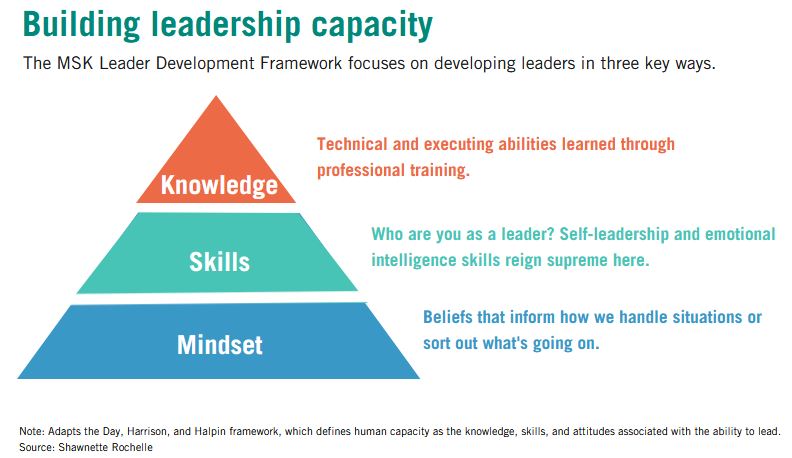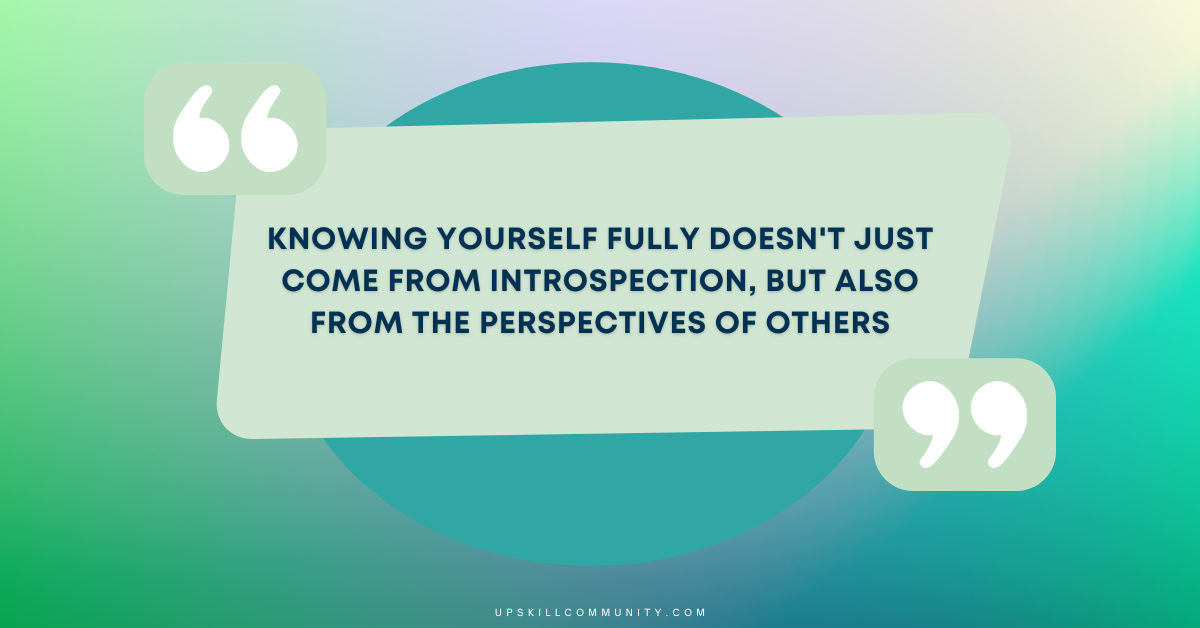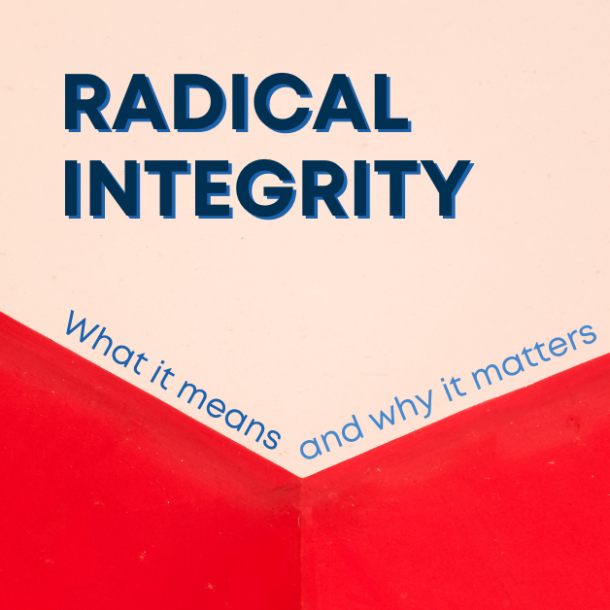How To Level Up Your Mindset To Live, Learn and Lead
Dont have time to read? You can watch this video here:
Have you ever been stuck in a rut? Unable to lead? At work, at home, in relationships, or just with life purpose/direction in general?
According to Harvard Business School’s MSK (mindset-skills-knowledge) framework, your mindset sets the foundation for ALL leadership capacity in every domain of your life:

But what exactly is “mindset”? Simply put, it’s the way we process the world around us. It shapes how we think and behave. It directly determines what is POSSIBLE in our lives.
Think of your mindset as a pair of glasses. The lens you choose to wear affects the way you see the world. If you put on dark glasses, everything seems a bit more gloomy. But if you switch to a bright, colorful lens, your outlook instantly becomes more positive. The same goes for your mindset – it affects not just what you see, but how you interpret and respond to your experiences.
I know what you’re thinking. Upgrading my mindset sounds great. Sign me up. But how do I even BEGIN to change my own thoughts, when I’m trapped by my own brain?
The Brain As An Operating System
We all know the importance of upgrading our device operating systems from time to time. But have you ever thought about upgrading your own operating system – your mindset?
For all the applications that we run, we have to make sure we’re wired to be able to run those applications. It can be challenging to run a conflict management application or to run an inclusive leadership program.
Just like an outdated operating system on your device can prevent you from running specific programs, an outdated mindset can prevent you from processing and handling life’s complexities and challenges.
But if you want to intentionally disrupt, update, and evolve your mindset, here are three approaches to help you do just that:
- Think about your thinking.
- Use others as mirrors to see yourself more clearly.
- Think about the future.
Tip 1: Think About Your Thinking.
Let’s dive into two systems for thinking: system-one and system two-thinking.
System-one thinking is automatic and intuitive. It’s the way we make estimates and assumptions based on past experiences and patterns we notice. System-two thinking, on the other hand, is deliberate and objective. It gives us the chance to examine our automatic thinking and to check if our base assumptions are correct.
As leaders, it’s important to recognize that we often rely on system-one thinking, but it’s essential to give ourselves the space and time to stop and reflect on our thoughts. This means looking at our work, getting feedback from a trusted partner, or even engaging in meditation or critical thinking frameworks.
Tip 2: Use others as mirrors to see yourself more clearly.
Knowing yourself fully doesn’t just come from introspection, but also from the perspectives of others. Sometimes, other people can see our blind spots and can provide us with some clarity about who we are.
Seek feedback from diverse sources, not just those who think like you, to challenge your understanding and expand your thinking. Perspectives that come from unexpected, different even uncomfortable places can help you overcome your own biases that you didn’t even realize were there. Go to people who will disrupt your understanding and help you update your thinking mechanisms. Because EVERYTHING is limited by what you can think about!

Tip 3: Think about the future.
Two top salesmen from a shoe company were sent to a foreign country to check out the market potential. Upon their return, salesman A reported back to the company that there was no opportunity in the country because nobody wore shoes. But salesman B had a different perspective, seeing that nobody wore shoes as a huge opportunity, and advised the company to send all their shoes and start manufacturing more.
The situation for both salesmen was the same. But only one saw the opportunity because his mindset was open. The other salesman saw the situation but did not have the lens to interpret it.
Our perspective limits us from seeing opportunities. To seize opportunities, we need to have a long-term mindset and think about the future. Just like eating an elephant, big tasks can be accomplished one bite at a time when we focus on working collaboratively with others. This shift in mindset can help open our eyes and go after the opportunities right in front of us.
What opportunities could be right in front of you?

